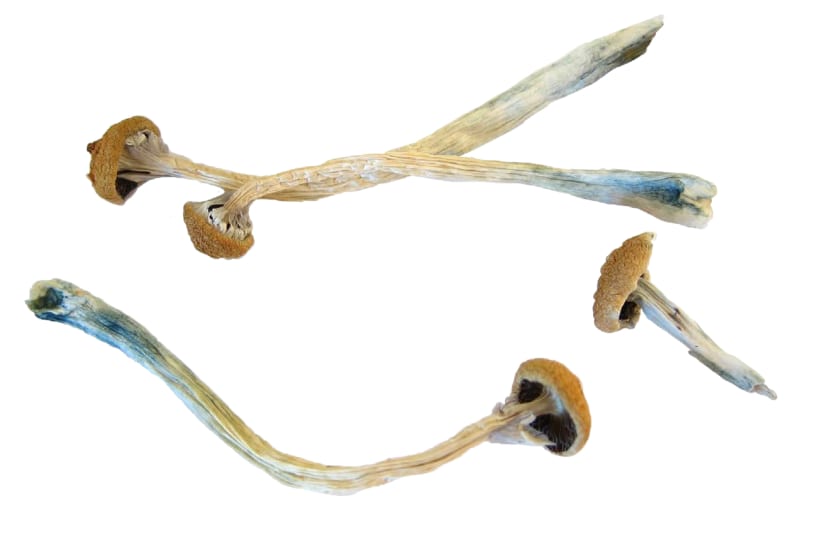A single dose of a psychedelic drug, such as lysergic acid diethylamide (LSD), psilocybin, mescaline or 2,5-Dimethoxy-4-iodoamphetamine (DOI) could have long-lasting positive effects on patients suffering from mental illnesses such as anxiety, depression, substance addiction and post-traumatic stress disorder, according to an October study conducted by researchers from Virginia Tech and Virginia Commonwealth University (VCU).
The research team, including Virginia Tech's Fred W. Bull Professor of Chemical Engineering in the College of Engineering Chang Lu, doctoral student Bohan Zhu and VCU pharmacologist Javier González-Maeso, administered a single dose of DOI to lab mice, then analyzed small brain tissue samples from the mice to determine the effects of the drug.
In addition, the study confirmed that the results of psychedelic treatments take effect much more quickly than those of other drugs such as antidepressants, and the drugs may be effective in treating people who are unresponsive to traditional medications.

However, the study warns about the potential of psychedelic drugs to cause psychotic symptoms in patients who are predisposed to such symptoms.
Due to the possibility of treatment triggering or exacerbating potential psychosis, the study notes the treatment cannot be administered on a routine basis.
